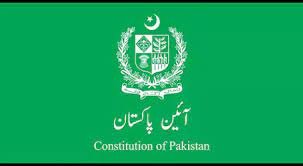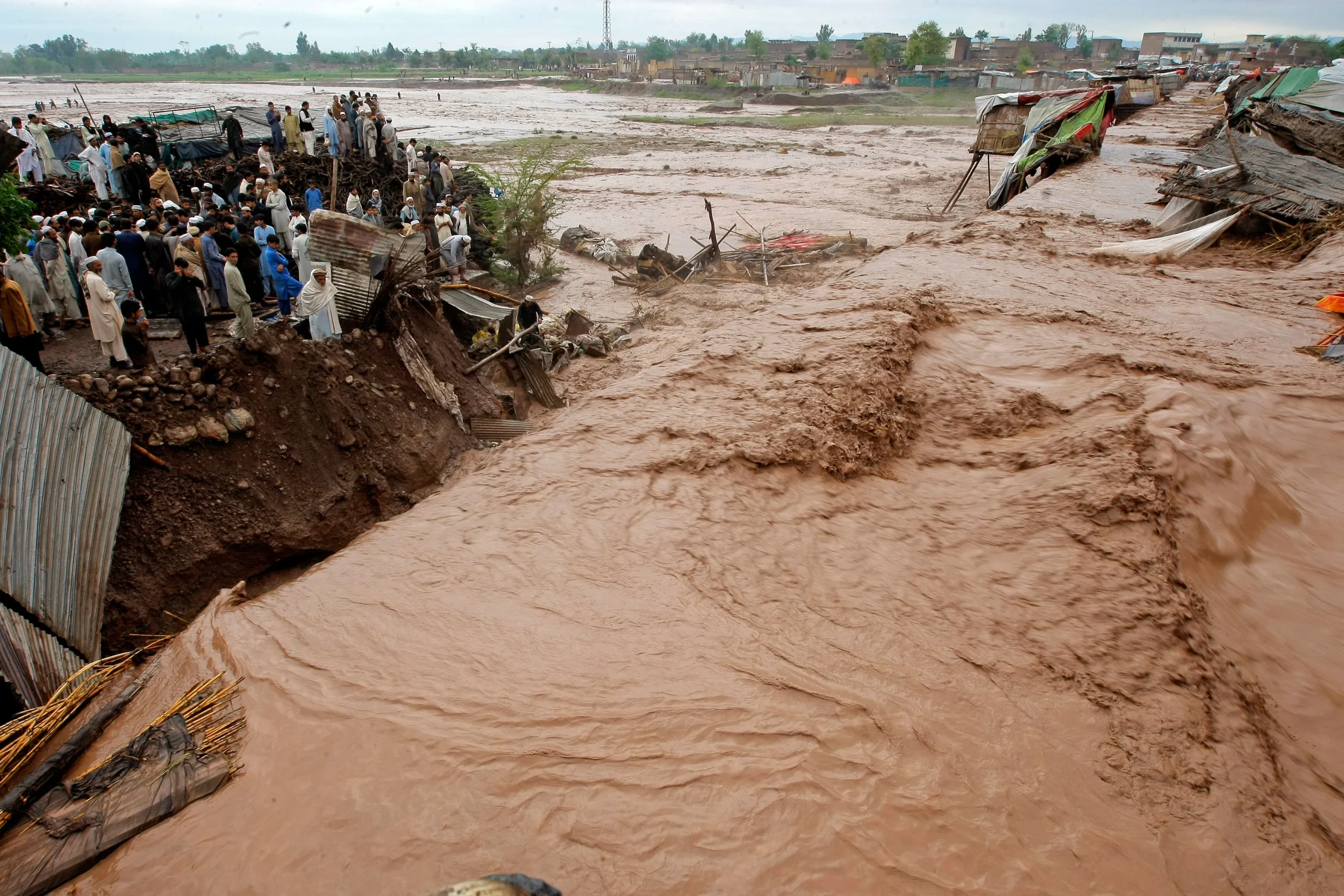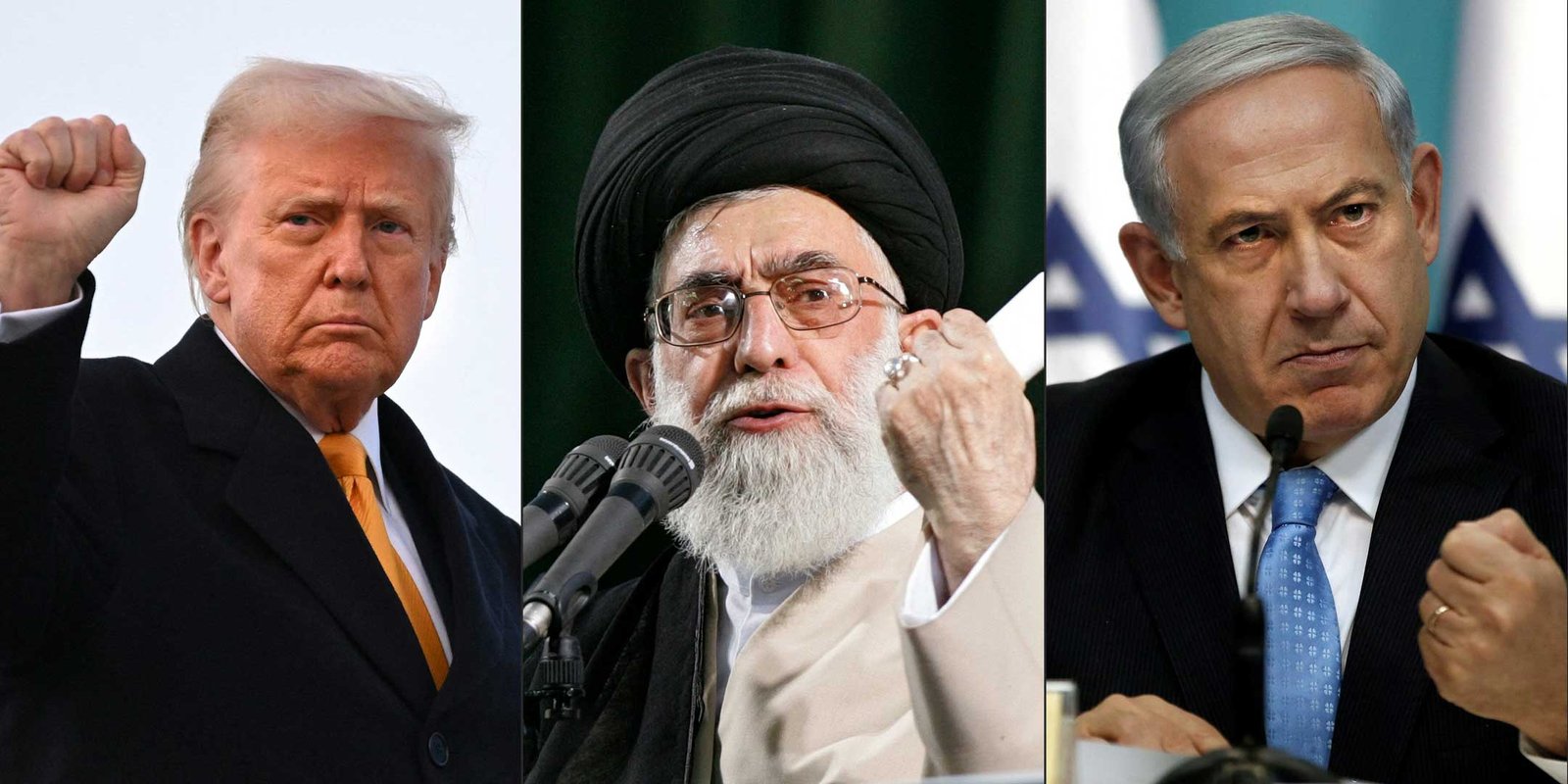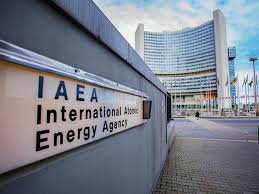Editorial
As global politics undergoes a significant transformation, the US is embracing a protectionist stance, shifting international relations and altering its role in world affairs. The new administration, with its “America First” policies, has suspended critical foreign aid programs, including those from USAID, which have historically supported developing countries. This move signals a shift away from international cooperation and humanitarian assistance, further complicating the global peace landscape.
The evolving US stance comes as international diplomacy is marked by rising tariffs, shifting trade relations, and fluctuating alliances. While America’s power remains influential, cracks in the democratic values that once defined its global leadership are starting to show. The ‘transactional’ approach—prioritizing economic gain over global cooperation—has left Western democracies, especially the US, at a crossroads, diminishing its role in peacekeeping and humanitarian efforts.
Pl subscribe to the YouTube channel for quality podcasts:
This shift could have far-reaching consequences. The US’s increased protectionism and efforts to pull back from international commitments, including support for Middle Eastern peace processes and aid to countries like Ukraine, present opportunities for global powers like China and Russia. Their influence may grow, as America’s approach risks alienating former allies in the EU and beyond. This could lead to the emergence of a new multipolar world, with nations like China and Russia gaining ground.
For developing nations, particularly those dependent on foreign aid and international trade, this transition may mean heightened economic pressure. Technology and trade wars, driven by tech giants and multinational corporations, could make these countries increasingly subservient to the whims of major powers. The question remains whether this shifting power dynamic will lead to a more balanced world order or simply reinforce economic exploitation and inequality.
As the world pivots towards multipolarity, it is critical that global leaders rethink their priorities. The need for cooperation on pressing issues like climate change, poverty, and global security is greater than ever. A purely transactional approach risks sidelining humanitarian goals and prolonging global suffering. The future of international peace lies in unity, not division.

















